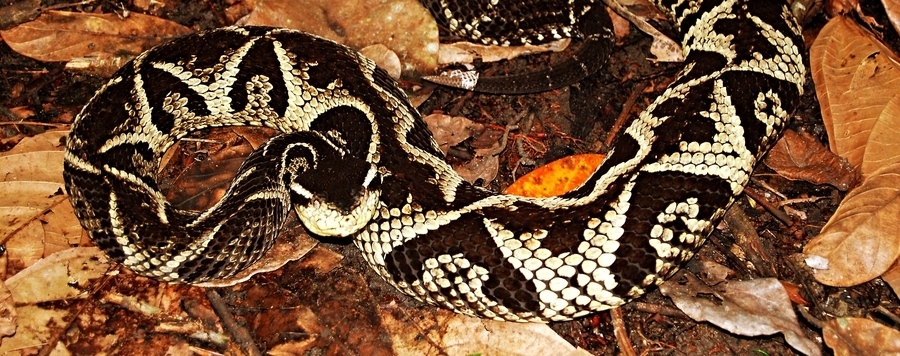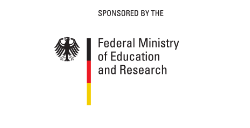The Leibniz Institute for the Analysis of Biodiversity Change
is a research museum of the Leibniz Association
》
- DE
- EN
- LS
- THE LIB
- Research
- Research Centres and Groups
- Centre of Taxonomy and Evolutionary Research (zte)
- Centre for Molecular Biodiversity Research (zmb)
- Centre for Biodiversity Monitoring and Conservation Science (zbm)
- Central Research Facilities
- Junior Research Group
- Networks
- Promotion and Education
- Collections
- Projects
- Publications
- Library
- Conferences and Symposia
- Research Centres and Groups
- Museum






